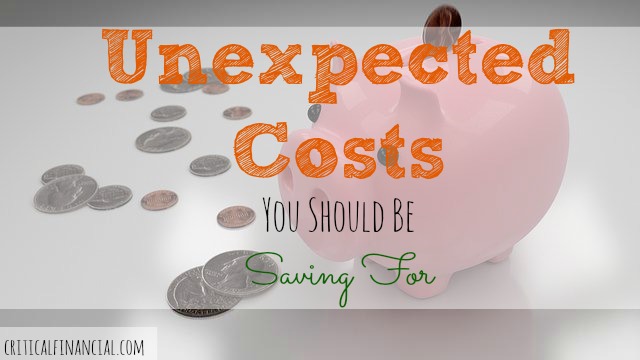 When I was little, I became obsessed with reaching financial independence. What do I mean by this? Financial independence occurs when you generate enough passive income that you don’t need to generate new income. You’re free from the necessity to work.
When I was little, I became obsessed with reaching financial independence. What do I mean by this? Financial independence occurs when you generate enough passive income that you don’t need to generate new income. You’re free from the necessity to work.
What’s the Math behind Financial Independence?
Well, this post explains some of the complications with the easy math behind financial independence. Most people use the 4% rule when it comes to early retirement/financial independence. This is most commonly used with people who are heavily invested in the stock market. The 4% rule means that as a general rule, you can expect to be able to spend 4% of your investments without ever touching the principal – thus being able to live on a certain amount of investments – inevitably. While you may earn 8% on your investments – or even 12% investments, you can only spend 4%.
The Problem with the 4% Rule
Your expenses fluctuate! For instance, when I was 21, I had $100,000. 4% of that would be $4,000. Since I had so little expenses, I could actually live off $4,000 per year. I was on my parents health insurance, scholarships, and I adopted a frugal mindset. Could I declare financial independence?! Absolutely not! I knew my expenses would be going up in the near future.
Here Are 7 Unexpected Costs to Consider before You Declare Financial Independence
1. Life insurance
It’s generally not wise to obtain life insurance until you have dependents. I don’t plan on having kids for years but when I do, I’ll be opting for term life insurance. This will be another added monthly expense which I will have for at least a few decades.
2. Increased travel costs
You may be required to move for jobs or desire to find better housing. In the future, you may have little choice about spending hundreds per week on transportation costs. According to AAA’s most recent report, it costs 59 cents per mile to operate a car.
3. House depreciation
Houses are terrible investments. Most houses only appreciate about a few percentage points per year. But sometimes, your house will depreciate. You may live in a respectable neighborhood now but what if it begins to get neglected. I’ve seen houses in my city go from $400,000 to <$300,000 in only a few years. It happens. Understand that your home may go from a large asset to a small asset quickly. My advice is to keep current on prices in your area. If you notice a strong downward trend, move out.
4. Extra medical expenses
If you’re alive right now, you’ll probably see old age. Old age comes with extra expenses. Extra insurance, meeting deductibles like a bad habit, modifying your home to make it easier live in, costly assisted living/nursing homes, the list goes on… You never know. My grandparents right now live in a place that costs $5,000 per month and we live in Nebraska where prices are usually a lot smaller than the national average.
5. Children
You may have a child/more children. Even if (right now) you don’t intend to have more, life happens. The average cost to raise a child is approximately $250,000! Say you really, really don’t want children. You then have the expense of birth control, a vasectomy, etc. etc.
6. Lifestyle changes/growth
Right now, I have no desire for a Lamborghini. But what if someday I really want one?! Well then, I’ll be looking how to get one. If, prior to my Lambo dreams, I spent every dime of my 4% each year, I could never own my Lambo. Early retirement loses its luster if you’re always saying, ‘I can’t afford it because I decided to stop working.’
These are just 6 reasons why you can’t just use the 4% rule for retirement based on your current costs. Costs change – often unpredictably. Treating the 4% rule as the be-all end-all is a terrible plan. It’s strange that there are so many people are so focused on early retirement – yet don’t look far enough into their futures. Going back to work after declaring FI wouldn’t be too fun, I imagine.
Early retirement is entirely doable, I’m not discouraging you from pursuing it. Just think far into the future before you tell your boss what you really think of him.
–Will
I’m a personal finance freelance writer and webmaster. I welcome you to visit me at www.thefrugalpreneur.com

